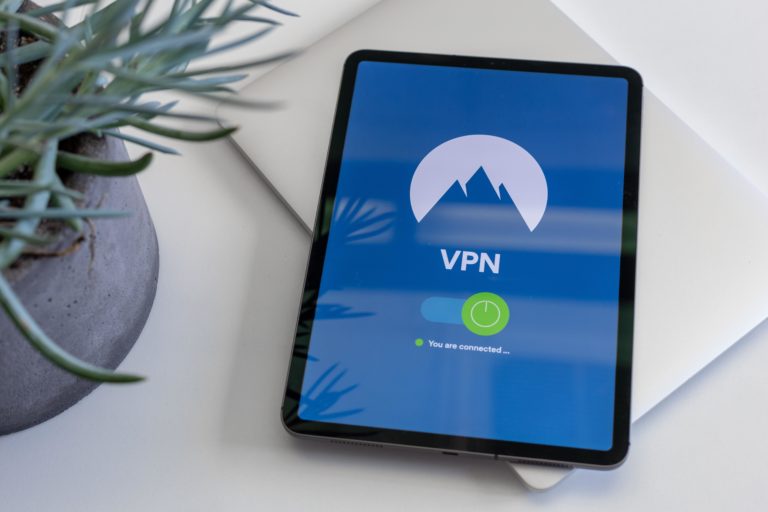SITE, Privafy Announce JV for delivery of Extended Detection and Response solution in the kingdom.

Hopefully, you’re doing everything you should to protect yourself from the coronavirus: washing your hands, cleaning frequently touched items in your house, practicing social distancing and, where possible, working from home. Unfortunately, working from home can make you more vulnerable to computer viruses, malware, data theft and man-in-the-middle attacks. This blog is about how to prevent those things from happening.
Recently, the Cybersecurity and Infrastructure Security Agency (CISA), a U.S. federal agency, warned remote workers that existing vulnerabilities in virtual private networks (VPNs) could leave them exposed to an increase in cyberattack activity following the coronavirus pandemic. In particular, the CISA cited the need to update VPN software and apply software patches consistently across devices (i.e., desktops, laptops, smartphones and tablets) that are used to log in to the corporate network. This applies especially to executives, as some cybersecurity experts believe that cybercriminals will specifically target executive accounts during the coronavirus crisis.
If you’re an executive working at home right now, here are some security questions you should be asking your IT team:
- Is our VPN solution really secure? Recent research found that 86% of VPN apps had serious privacy flaws—and 60% of free VPN apps available on Apple Store and Google Play are secretly owned by entities in China.
- How do I know which coronavirus emails and websites are safe? Cybercriminals have seized on our anxiety and charity by using fake coronavirus news to perpetrate email phishing scams and fake coronavirus websites to collect personal information. Since January, over 4,000 coronavirus websites have been created, with three to five percent of them flagged as malicious or suspicious.
- Could I accidentally download a virus onto our network? Command-and-control malware is a favorite technique for cybercriminals. In a C&C, or C2 attack, malware is downloaded “silently” onto the network and may hide there for months or years, quietly extracting data.
- Is everyone in the company following the same security policies? Enforcing consistent security policies and using the same security mechanisms is vital to protecting your remote workforce.
Or you could ask this question: Why aren’t we using Privafy? Privafy’s cloud-based security as a service is the right answer to today’s remote security questions:
- Privafy delivers an advanced, trusted VPN service that updates automatically to protect any device on any network, anywhere in the world, every time you use it.
- Privafy’s firewall blocks suspicious traffic before it reaches users—and it blocks users from visiting untrusted websites. Privafy also updates its blacklisted addresses constantly based on threat intelligence collected from our partners and customers around the world.
- Privafy prevents data from being exfiltrated to untrusted servers/users, in effect shutting down C&C attacks.
- Privafy’s cloud-based solutions ensure that everyone is using the latest versions of the same security tools and policies, so there is no “weak link in the chain.”
In these times, we all need to be extra cautious. Working online shouldn’t mean putting your reputation and customer trust on the line. To get the remote protection you need, talk to Privafy today. And be safe, wherever you are.